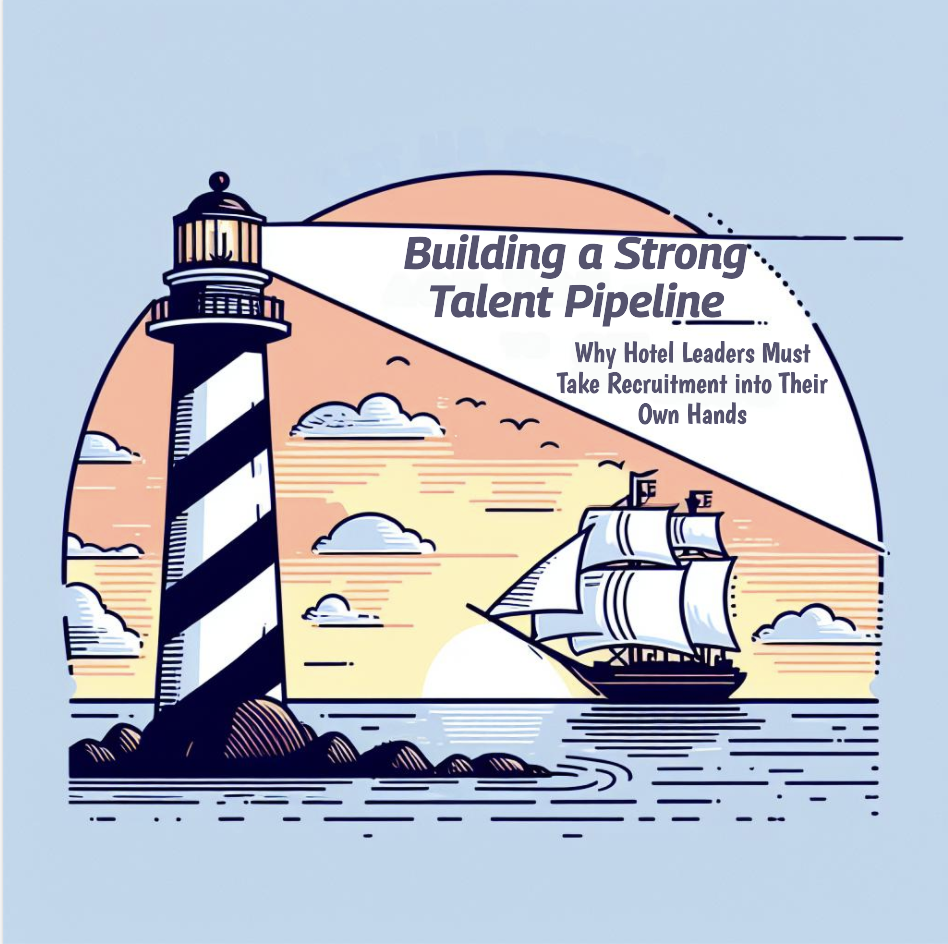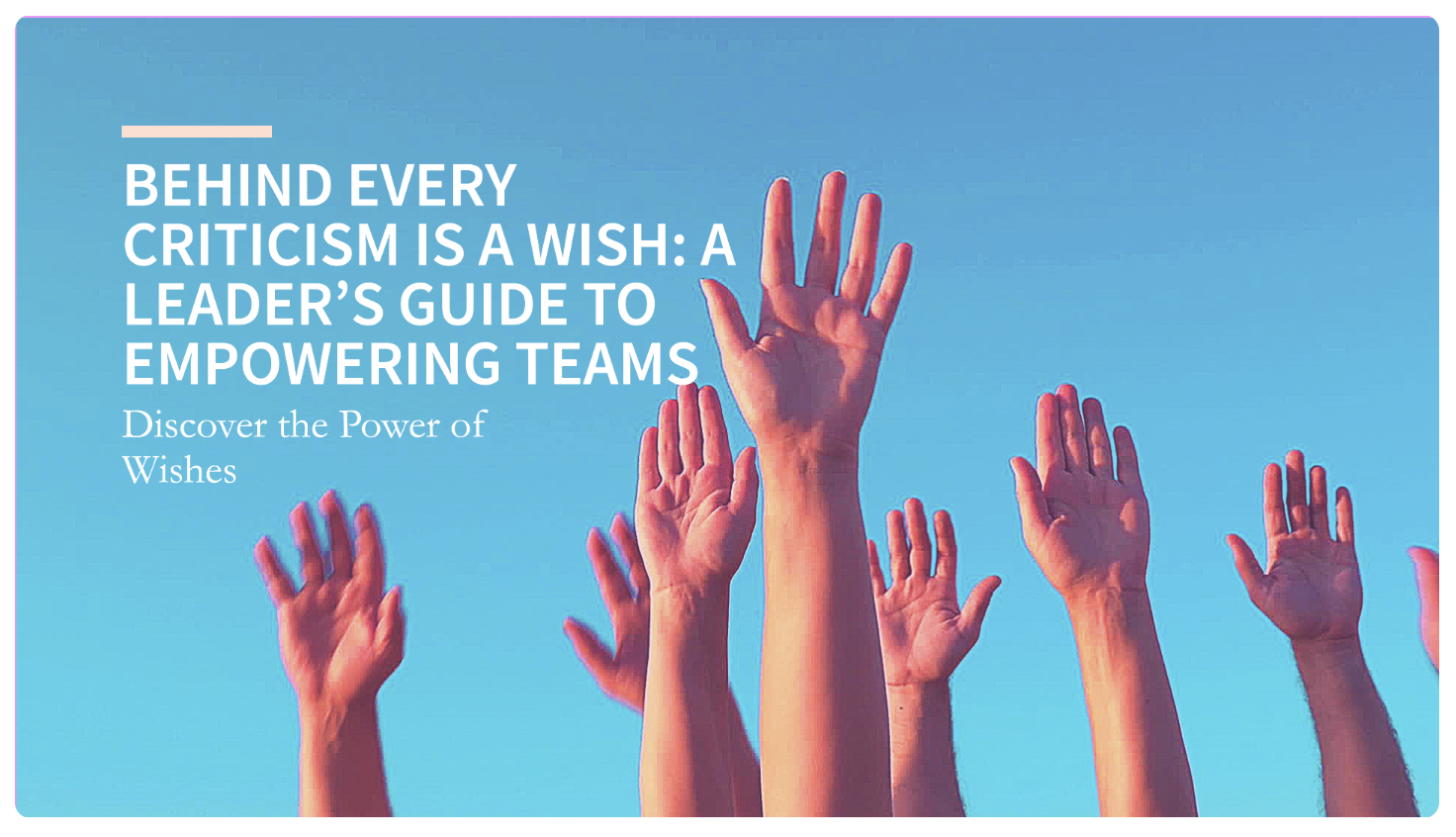Gemba A Managerial Super Power. What it is, Why It Matters & What You Need To Do
Toyota has a decision-making principle called “gemba.” Instead of depending on hierarchy, the people who are closest to what’s happening to make decisions. Toyota believes that the more hands-on knowledge a decision-maker has, the better their decision will be. It comes from the Japanese word genchi genbutsu, which translates to “go and see.”
What It Is
Get out of the office
Go to where the action/value add / service delivery is
Talk to people who are doing the work
Why is it relevant to Hospitality & Customer Service Industries
The concept of inseparability in service means that one cannot separate the production of service from the consumption of it.
Your team that is creating the service is closest to the customer/guest and hence in a way, they know best.
Doing something, following processes, storing, retrieving, using information or tools, gives your front line staff a unique perspective on how things could be instead of how they are.
More Detail on the topic
DOs
Ask your team the one question that matters 'what can we change to make this easier for you or make it better for guests?'
Do the Gemba walk with someone from another department. i.e. Take someone from the Front Office for a Gemba walk of the Kitchen.
Record the Gemba walk. Take a video. You might not get insights/solutions immediately, but when you see the same walk on different days/times something might jump at you.
Do the walk at various times of the day. At the start of service, in the middle of it, after service ends etc.
DONTs
Don't walk around with a scowl on your face, ready to pounce on anything that looks or feels wrong. You can be looking for things to improve, but you can also be doing that with a pleasant countenance.
Don't use Gemba walks as an audit process for your SOPs.
Don't put people on the spot and ask for suggestions immediately. If they are unable to offer any insight, don't press them.
Actionable Insights
1. Create an action plan. Make a list of all your physical areas and ensure that you cover them once every 90 days.
2. Create a list of all your processes. Major ones first, then break it to minor ones. Ensure all your processes get a Gemba walk once every 90 days.
3. Make a cross-functional team of 3, that holds the Gemba responsibility for 90 days. Change the team every 90 days.
Real-World Example
In-Room Dining
IRD success lies not just in the quality of the food & beverage, selection of menu, but also preparedness and process.
Ensuring you are set up for success, is a critical component.
Make sure you do a Gemba walk of the service area. How is the area set up? How is the order-taker area set up? Do they have all the items they need at hand? Is the storage adequate?
More importantly, ask the IRD team - 'what can we change to make this easier for you or make it better for guests?'
You should also do the Gemba walk for the process - delivery & clearance. Walk with a team member going to delivery and see what they see. Do they have a clear path or do they need to navigate around roadblocks? The same for clearance.
Want to make this WOW?
We at Eclat love POV. POV is a Point Of View. If you want to make this insight a wow, get your team a go-pro head or chest-mounted camera and record everything from their POV. See the world the way they do and then make the changes they need.
If you see them walking too far for something, bring it closer. If you see them making improv use of tools or fashioning tools for a specific purpose, try and get tools that are specifically used for that task.
If you see them strain to read the KOT - Kitchen Order Ticket - then increase the font or make the ink darker.
The one thing you can do right now is going on a walk. I would love to either go on a virtual walk with you or see your recorded walk to discuss tons of improvement ideas. As always, write to me at p.bedi@eclathospitality.com
👋 We put out small, enjoyable, actionable insights regularly. These are for hospitality & service leaders. To read all, visit
https://www.linkedin.com/pulse/eclat-insights-hospitality-leaders-prabhjot-singh-bedi/
Would like to receive these actionable insights in your email? Join up, its free!










“Enthusiasm is the secret ingredient behind every successful sale, service, and leadership moment. Whether you’re selling a luxury suite, rolling out a new initiative, or inspiring your team, your energy is what truly drives engagement. This insight explores the power of transferring enthusiasm—why it matters, how to harness it authentically, and what happens when it’s missing. If you want to elevate guest experiences, motivate your team, and create real impact, start by asking yourself: If you’re not excited, why should they be?”